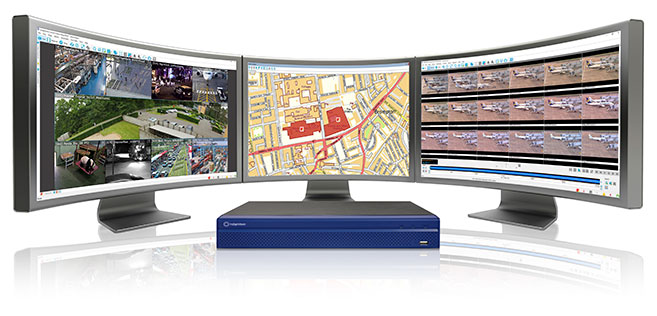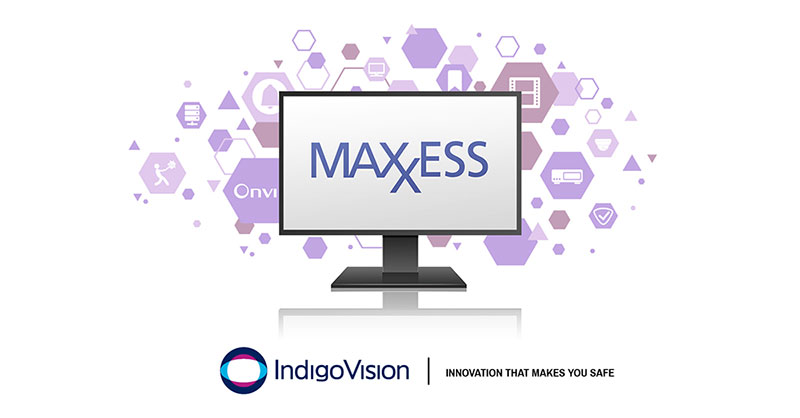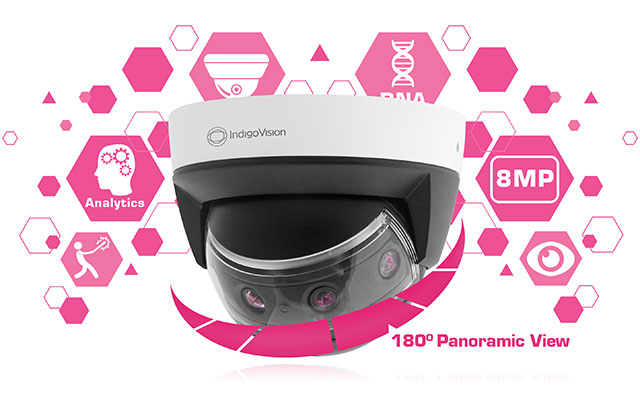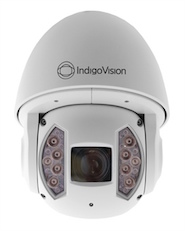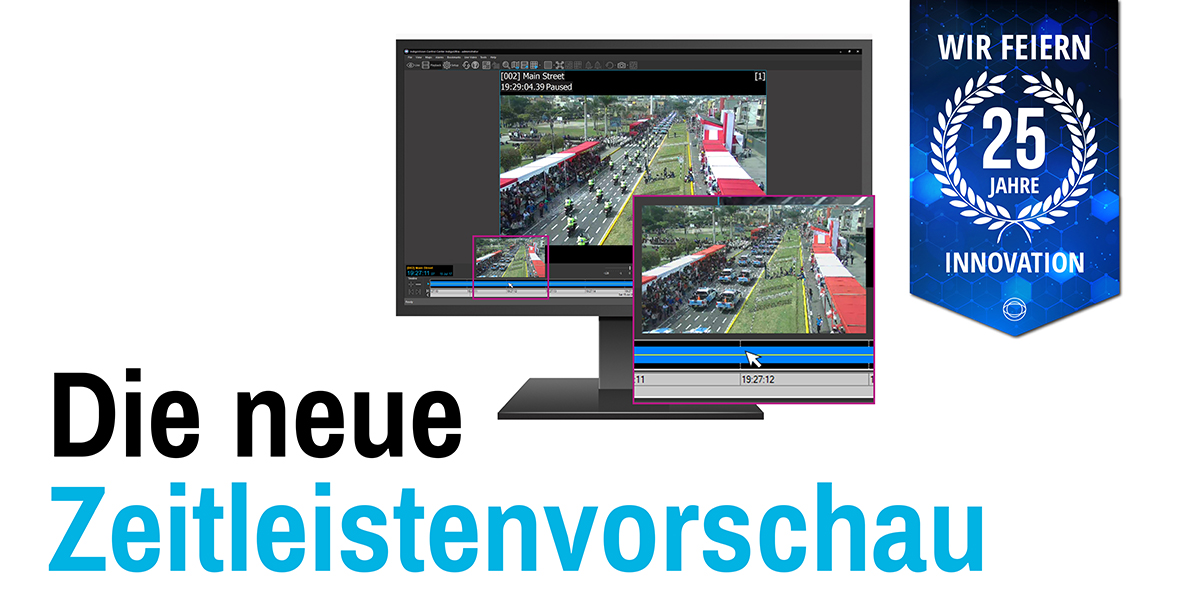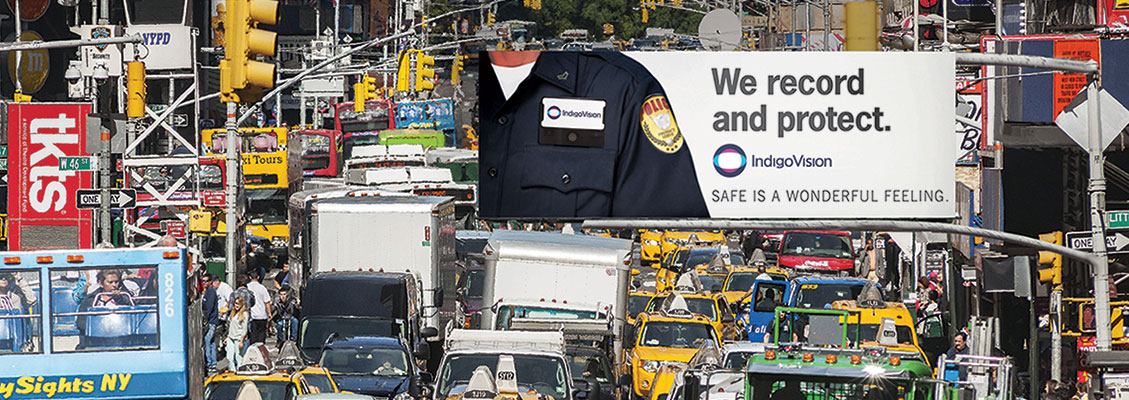
Operational Benefits of Body Worn Cameras
Learn about the operation benefits of Body Worn Cameras, including a feature on IndigoVision's FrontLine, in this article published by Intersec.
Over the last 12 months we have witnessed a dramatic expansion in the take-up of Body-Worn Video camera solutions by police forces in the Middle East and beyond. A case in point was the announcement, last May, by Police Chief Maj Gen Khamis Al Muzeina that Dubai Police was embarking on a trial with 80 body-worn cameras. Speaking to the media at the time Gen Al Muzeina flagged-up the value of footage from these cameras.
He said that this evidence could, potentially, be used where there are objections to traffic offences or a failure by officers to meet acceptable standards. For its part, Abu Dhabi Police also confirmed in July that - following two years of trials "“ it would be rolling out body-worn video cameras to patrol officers.
Considering other parts of the world where body-worn video is now seen as an indispensable piece of police equipment, in the United States we have seen this linked to a drive for greater 'transparency', following a series of cases of fatal incidents. The US Department of Justice already has a $20 million pilot programme in the works to expand the deployment of body-worn cameras. For the UK, body-worn deployment has moved into the fast lane with the Mayor of London confirming a massive twenty-fold uplift in the number of units deployed.
Operational benefits
Over in Europe, one of the strongest advocates of 'body cams' is undoubtedly Matthew Ellis, the Police and Crime commissioner for Staffordshire, England, who was instrumental in ensuring that all his front-line police officers received body cams.
Speaking to Ellis about why he went for body-worn video cameras in such a big way, he says that this approach ties-in with a commitment to more open policing: ""I thought wouldn't it be great to cut-out the awful amount of time that is wasted on spurious complaints from individuals who just don't like being arrested and have been arrested in a perfectly sensible way. We are now able to look at the pictures of what actually happened rather than just relying on the words of individuals who disagree over the particular circumstances.""
A second driver for the cameras, explains Ellis, was how things like Tasers can prevent situations getting out of hand because individuals see officers carrying them: ""I wondered if the same thing would happen with body worn video cameras. Early on officers were saying that in a number of incidents once they pressed the body cam's button, and the light came on, people become much more sensible and compliant.""
Dealing with data
Taking a wider perspective on the trajectory of the body-worn video camera market, Oliver Philippou, a Senior Analyst at IHS, estimates that the total world market for body-worn video surveillance equipment and service in law enforcement was worth $60 million in 2014.
Philippou reports that IHS expects the service element to become a larger proportion of the overall market than the hardware itself by 2019: ""An officer's camera typically records between one to two hours per day. IHS estimates that this results in two to three GB of data being collected by each officer per shift."" According to Philippou this valuable data needs to be stored and managed somewhere: ""Third party storage will become more commonly used over the next five years to store body-worn video surveillance. This is because it is more economical and scalable with the expected growth of data storage requirements," concludes Philippou.
Frontline solutions
One vendor starting to dip its toe into the body-worn video camera market is IndigoVision, which first previewed its FrontLine models at Intersec back in 2015. Since then the company has seen a surge in interest and in fact IndigoVision's cameras were part of the six-month trial by Dubai Police. Speaking to Marcus Kneen, IndigoVision's CEO, he reckons we are only seeing the tip of the iceberg and that there is, in fact, plenty of scope for body-worn video cameras and not just for the police: "It is really for anyone who is in frontline services where they can be subject to aggressive behaviour from the people they are dealing with,"" says Kneen.
To conclude these are certainly fast-moving times where the deployment of body worn video cameras by the police is concerned with unprecedented numbers of units now on the street or in the pipeline.
Courtesy of intersec.com
Contact IndigoVision about your security systems
If you think your organisation could benefit from updating its security systems, contact IndigoVision today

